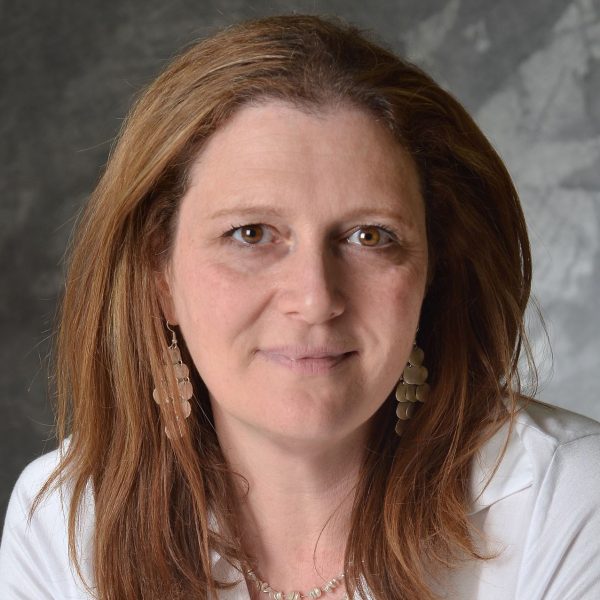Advertisement
An Anguished Choice To Help A Son With Mental Illness
Resume![Deborah Vlock: "For years, [my son's] death wish trumped everything. If he could not perform the act himself, then he wanted me to do it for him. It was the one and only sacrifice I could never make for him." (blueskyzmedia/Flickr)](https://wordpress.wbur.org/wp-content/uploads/2014/11/1106_COG_mother-1000x547.jpg)
Just over one year ago, my husband and I sent our son to live in another state, more than an hour away from home.
He was barely 13-years-old, and I loved him — love him still — with the radiance of a midsummer sun. I have always loved his earnest desire to do well, even in the days when he couldn’t. I miss the sandpaper feel of his rough curls when I rest my cheek on his head, the cherished warmth of him when we sat together, my arm slung round his shoulders, watching David Attenborough stalk birds on TV.
I was frightened of the strange mechanism within him that made him want to end his life, the first time when he was just a little slip of a 4-year-old boy.
I did not love his circular path in and out of the psychiatric hospital. I did not enjoy the suffering he and the rest of us endured over the sad, weary years of his waxing illness. I was frightened of the strange mechanism within him that made him want to end his life, the first time when he was just a little slip of a 4-year-old boy. For years, this death wish trumped everything. If he could not perform the act himself, then he wanted me to do it for him. It was the one and only sacrifice I could never make for him.
I fought for Benjy at school and out in the world. I did so because I needed him to live, and maybe, if it was not asking too much, to experience contentment now and again.
I liked to watch his face while he slept. There was peace on it then; ergo, there was peace in me. When he was half-drowning in the depths of the awake, we had mostly storm and stress. Sometimes, he did not sleep at all, and I kept him company through the endless manic or panicked nights.
During those long cycles, he would pace the rooms of our house, with me always a half-step behind. More than once, I considered shots of brandy for us both, just to take the edge off.
One evening at dinner, nearly 10 years into this relentless struggle, a dear friend, a child psychiatrist, spoke some words I was not yet ready to hear.
“Sometimes,” she said, “even in loving families, the best thing for a child is space. Home is not always a place where kids like Ben can heal and grow.”
“Oh,” I said, while flaying my cuticles with the ragged edge of a fingernail. “Absolutely. But Benjy could never live away from us. From me. He could not possibly survive that.” What I meant was: I could not possibly survive it.
I adored this boy and clung to him with a need so desperate and anxious it made me sick. He made me sick — or caring for him during those troubled years did. I could not, for the life of me, figure out how to love him right.
Until we finally brought ourselves to place Ben in a residential school for kids who share his challenges. For a long while after he left, my deepest parts felt painfully and strangely exposed, like the pulp of an infected tooth. It is not in the normal scheme of things for a mother to send her vulnerable child to live away from home. But I knew so little about “normal.” And if we did not, as a family, begin to heal, I feared we never would.
A long time ago, when he was a small boy and already enslaved by mental illness, we caught an early glimpse of the person Ben had the potential to be. As the rest of us watched, helpless, he eased our ancient tomcat’s passage into the eternal night by reading gently to him, from some little book, for hours. He was just 6 and lived perpetually on the brink of that same endless night. Many days felt to him like they could — or should — be his last. He was the only one of us who knew what to do for poor, old Hobbesey.
Those were the two faces of Ben: empathic and anguished.
Of a sudden, this boy once possessed by dread and futility talks about the future: college, work, romantic love... He has decided he wants to live.
Now, when we visit our son on weekends, we see a boy who has at last begun to map his way through his own private wilderness of hurt. Of a sudden, this boy once possessed by dread and futility talks about the future: college, work, romantic love. He has become tall and bronzed and handsome — an athlete, a mentor, a student, a friend. He has decided he wants to live.
I miss him so much, this young man full of life. Sometimes, it takes all I’ve got not to drive out to his school and snatch him away from the people who’ve received the gift of watching him grow up, day by day. I admire those people, I feel enormous gratitude toward them. And a little part of me resents that they have done for my beloved boy what I had not been able to do.
But the hard truth is, sometimes love and fight and dogged effort simply aren’t enough. If they were, Ben would be on top of the world already. Instead, he’s somewhere among its foothills, making his determined ascent.
Related:
